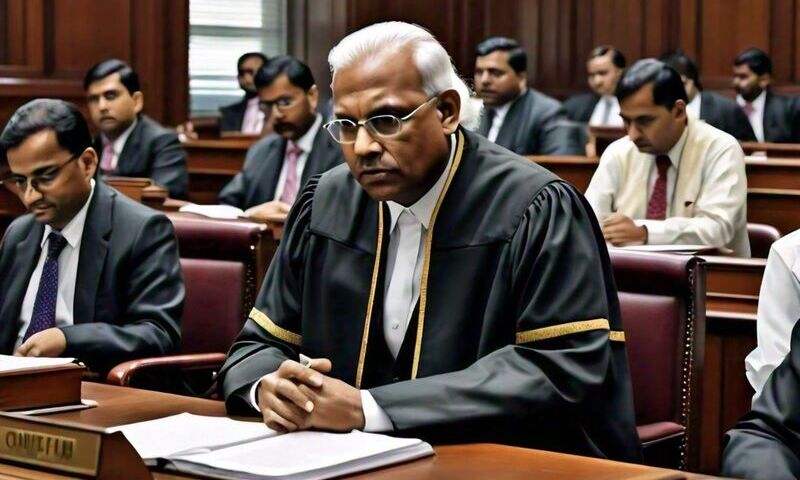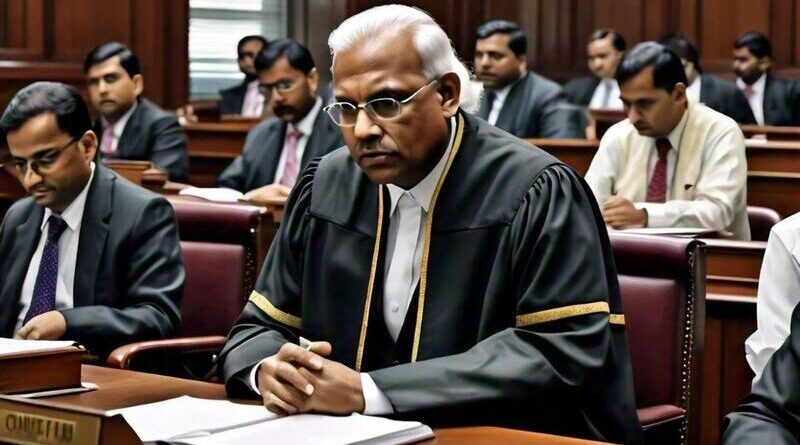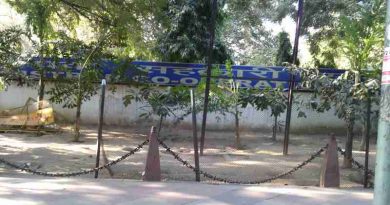Indian Judiciary Research Report: Professional Incompetence of Lawyers and Judges

Indian Judiciary Research Report: Professional Incompetence of Lawyers and Judges
The excerpts from the “India Judicial Research Report 2024: Decline of the Indian Judiciary” are given below.
One of the main reasons for the dismal performance of the Indian judiciary is the defective education of lawyers and judges who take degrees from third-rated law colleges and universities.
Moreover, many advocates practice in courts with fake degrees. Although the degrees and certificates of judges can also be fake, the judicial authorities take action only against quack advocates.
In 2023, the Supreme Court ordered to form a committee under a former Justice Deepak Gupta to oversee the verification process of law-practice certificates and educational degrees of over 25 lakh lawyers in the country.
The top court observed that the verification is required to streamline the administration of justice. However, even after a year, the lawyers with fake qualifications have not been identified and removed from the system.
RELATED REPORTS
[ India Judicial Research Report 2024 Released ]
[ India Judicial Research Report 2024: Decline of the Indian Judiciary ]
[ Negligible Use of Technology in Indian Courts: Research Report on Indian Judiciary ]
[ How Indian Judiciary Is Condemned in the World ]
Reports quote the findings of the Bar Council of India (BCI) to reveal that 30% of all lawyers in India are fake, holding fraudulent law degrees. As a result, such unqualified lawyers provide only template-based routine services to uneducated clients and fail to handle the cases which require professional acumen.
Today, over 2 million (20 lakh) advocates operate in different courts of India. But the majority of them are not properly qualified to handle court cases. They lack language skills, soft skills, presentation skills, and also lack knowledge of law.
Since judges are also not quite competent, the entire judicial system is plagued with reserved decisions, order delays, random judgments, and wrong verdicts. While lawyers do not understand the content subtleties and their writing skills are pathetic, they write loose English in the court documents such as petitions and responses that cover reams of papers.
The judges are equally unskilled as they do not read papers submitted in courts and most judgments are based on verbal arguments presented in courts. This is a totally wrong approach to decide the fate of a case as most lawyers are not able to articulate their thoughts verbally in courts.
The use of hyperlinked digital documents can overcome the problem of bulky paperwork, but there is no provision to submit hyperlinked documents and judges are not trained to read documents on their computers. They first take printouts of digital documents such as PDF files and then try to read them. But once a digital document is printed, it loses its hyperlinks.
Download: You can click here to download and read the India Judicial Research Report 2024 to support this editorial initiative.





